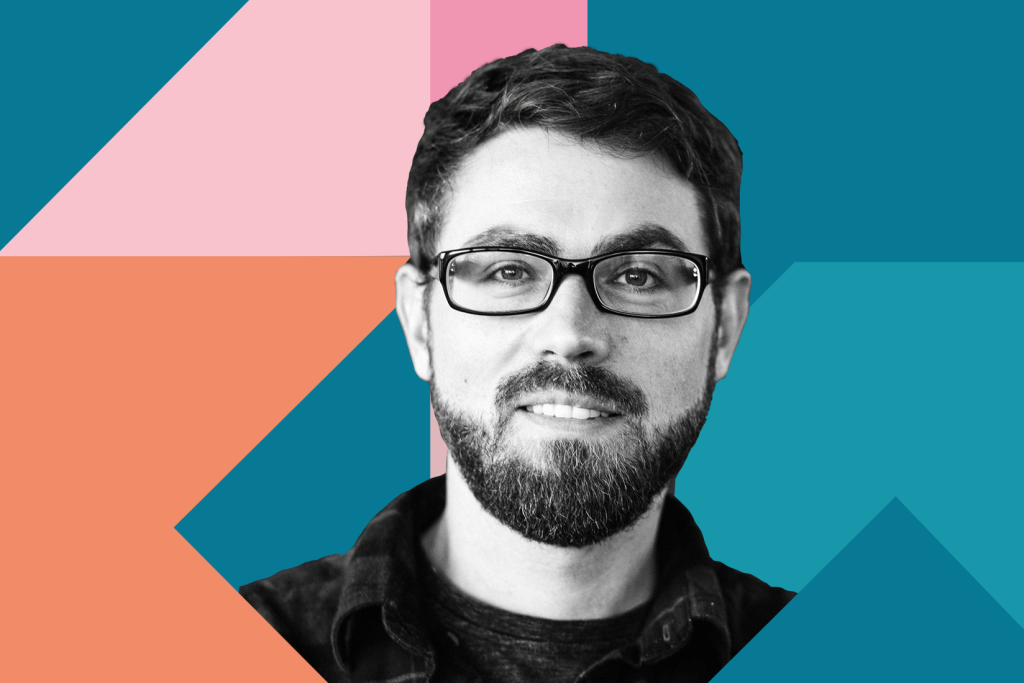One of the finalists in the Democracy Technologies category, in the Innovation in Politics Awards, we spoke recently with Jäger, about how viewing parliaments as important sources of public data can help restore citizen trust in representative democracy.
The idea for Open Parliament TV was inspired by founder, Jäger’s passion for film and video archiving as well as deeply rooted concern in declining levels of trust in democracy. “We were looking for ways to make parliamentary democracy more trustworthy”, he explains. One way to do this is to make it more transparent. The creative technologist toyed with these ideas for many years before beginning work on them in a more formal capacity with like-minded people in the British parliament. It wasn’t long before he began to explore the German parliament (Bundestag) and found the quality of their data to be so good that it inspired him to continue down this path.
International standards for parliamentary data
Open Parliament TV would, ideally, like to work with parliaments in a formal capacity, in order to help them establish transparent systems that follow internationally recognised standards for the storing and sharing of parliamentary data. The Declaration on Parliamentary Openness, officially launched at the World e-Parliament Conference in 2012, advocates for stronger commitments to openness and citizen engagement in parliamentary work at all levels. It is available in 24 languages and provides clear standards and guidelines on how the electronic communication of parliamentary information can be used to improve the transparency and accessibility of this data.
Parliamentary data without borders
Open Parliament TV works primarily with three types of data. These include, audiovisual, in the form of video recordings of parliamentary debates and textual data in the form of official records of parliamentary proceedings compiled by stenographers. They also use data for enrichment of the previous two data types. This is typically drawn from Wikipedia and Wikidata and facilitates the connection of people, issues and debates beyond the boundaries of an individual parliament.
For example, citizens should ideally be able to follow the work of parliamentarians from regional to national and even on to supranational level. To this end, Open Parliament TV is starting work on the development of an inter-parliamentary network. They are currently in talks with several regional parliaments in Germany. They are also reaching out to the EU parliament and even as far afield as Ghana for possible future collaboration.
Challenges
“The whole idea is that one day EU citizens can follow a debate happening in the regional parliament in Germany that is also highly debated in the Italian senate”, explains Jäger. Working with the EU Parliament would be a good first step in this regard, as it also involves the challenge of dealing with many different languages. The main challenge is encouraging parliaments to produce high-quality data, openly licensed data. Many parliaments tend to work in isolation, using outdated ways of managing data which makes it difficult to access and to share.
Another challenge is that data management has often been outsourced to private companies. This means that changing storage and access options is even more complicated. Jäger has also found a reluctance for greater transparency regarding data, at city level. Although parliamentary debates are normally recorded, “they are sometimes pretty happy that this information is typically hidden somewhere on a sub-page of the internet, accessed only by those working there,” says Jäger.
An EU initiative, compelling parliaments across Europe to provide quality open-source data would definitely help, agrees Jäger. Ultimately, the idea is to create one or more decentralised platform using existing open-source technology. These platforms could thus be managed by a variety of stakeholders including parliaments, NGOs like Open Parliament TV or parliamentary monitoring organisations.
Looking ahead
Jäger and his team are eager to work with like-minded partners in order to expand the application of these technologies to include audiovisual offerings. “Videos provide a real window into what happens in parliaments – they are the tip of the iceberg but are much more accessible than texts and databases” explains Jäger.
Looking forward, Jäger is particularly excited by the prospect of enriching material for educational purposes. For example, his team recently worked on enriching a parliamentary debate with links to additional information on how laws are made. “This was something that was really fun to build and also holds a lot of promise for the future” smiles Jäger.
